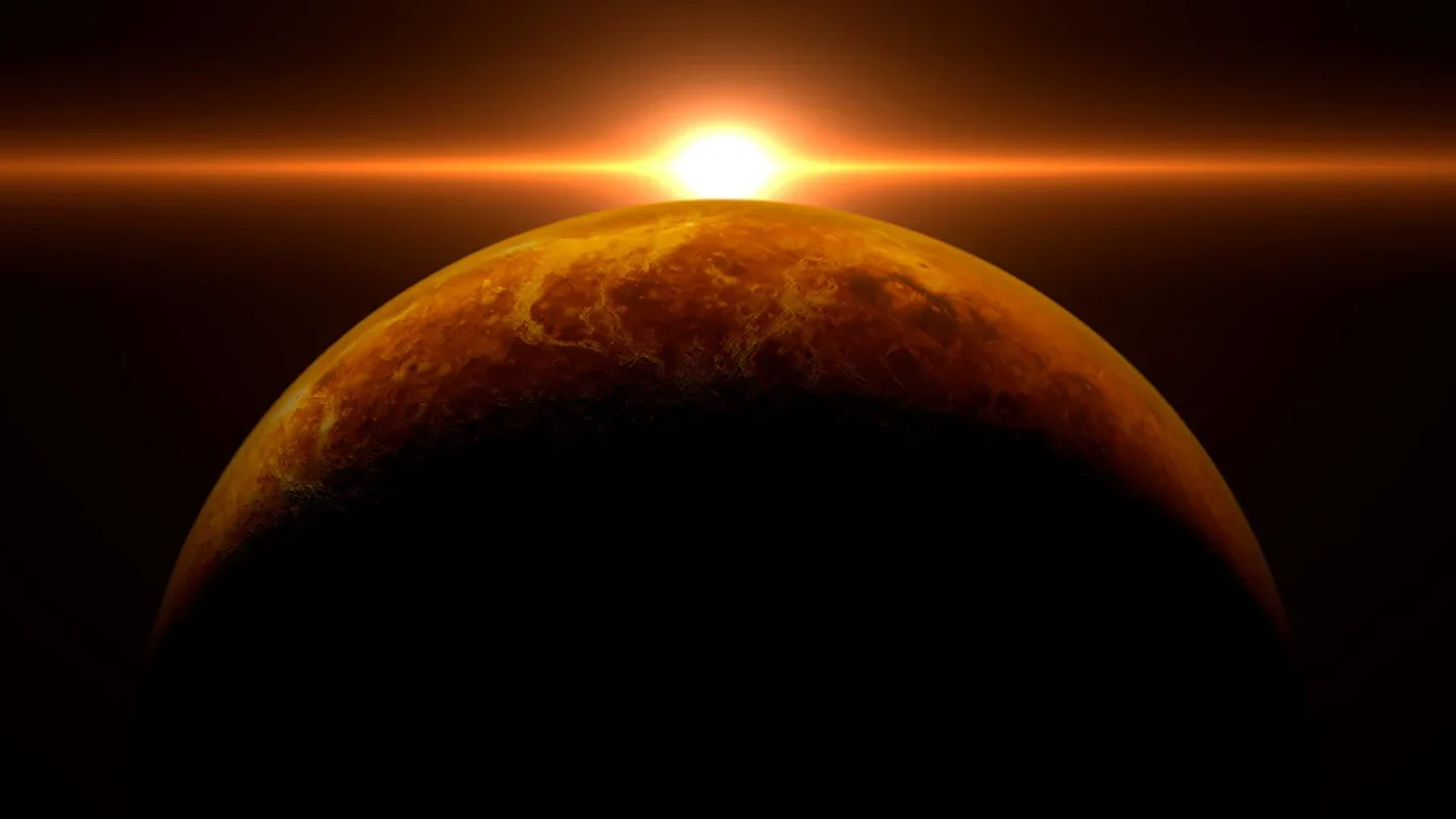During the past decade, astronomers have become more inclined to entertain the possibility that Venus hosted life at one point during its existence.
Previous research suggested that the planet, which is generally considered Earth’s twin in size and composition, may have once had vast oceans of water.
Further research over the years had also suggested that Venus may have had a climate that might have supported life.
However, new research indicates that Venus’s atmosphere was never cool enough for oceans to have existed, based on an updated model of its evolution.
Astronomers from the University of Geneva published a paper in Nature revealing that the Earth’s sister planet would have never cooled sufficiently for liquid water to exist.
Scientists believe that any water present on the planet would have been in the form of steam.
“We simulated Earth and Venus’ climate at the very beginning of their evolution, more than 4 billion years ago, when the surface of the planets was still molten,” said lead author Martin Turbet, an astronomer at the University of Geneva.
“The associated high temperatures meant that any water would have been present in the form of steam, as in a gigantic pressure cooker.”
The steam would have had to condense into clouds and precipitate onto the surface as rain for liquid water to form. For this to happen, Venus would have had to cool down for at least several thousand years.
However, without any clouds to block the intense solar radiation in the first place, the planet wouldn’t have cooled down.
Researchers’ climate models suggested clouds could have formed only during the nighttime during early earth history. Therefore, there would not have been enough water vapour for the planet to have had gigantic oceans. The new modelling also supports previous research that had suggested that Venus might have had water in the form of steam.
